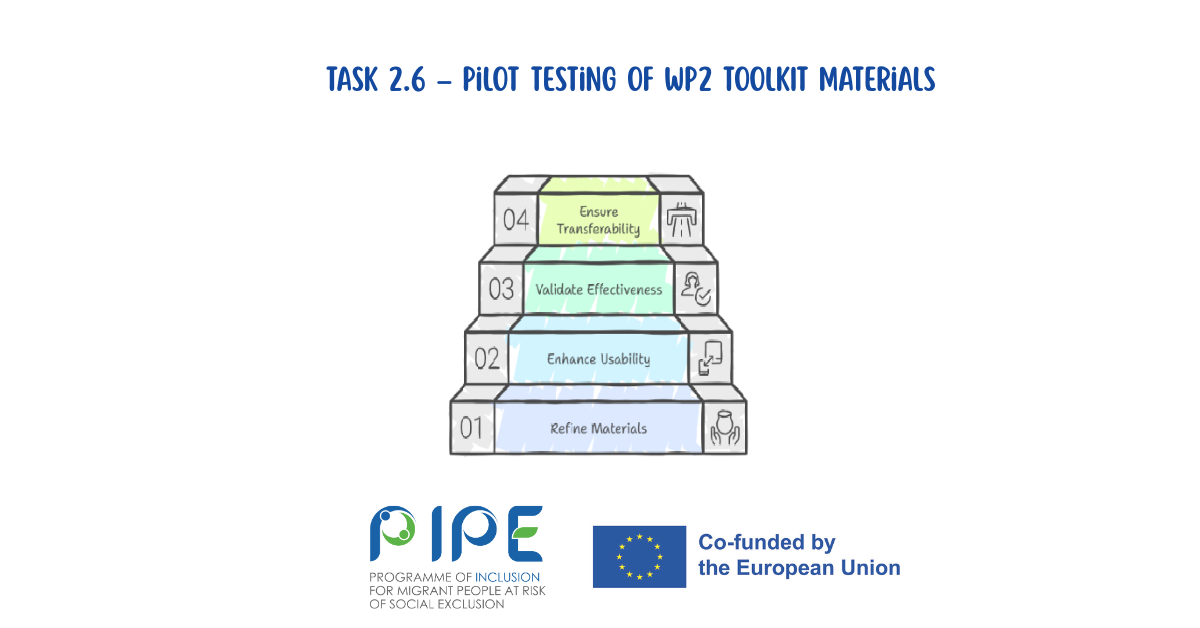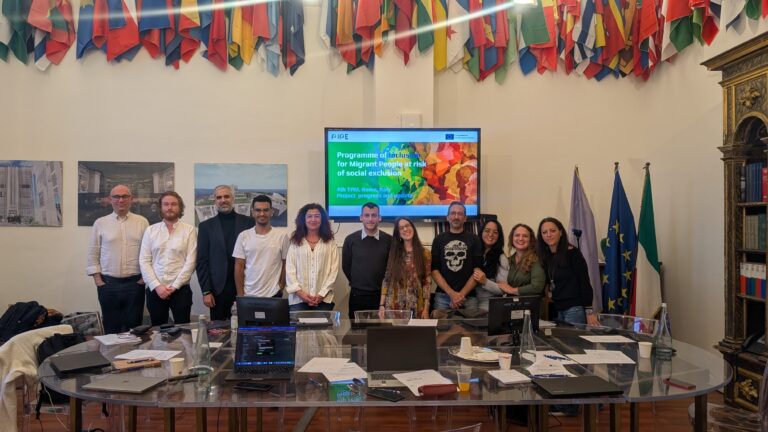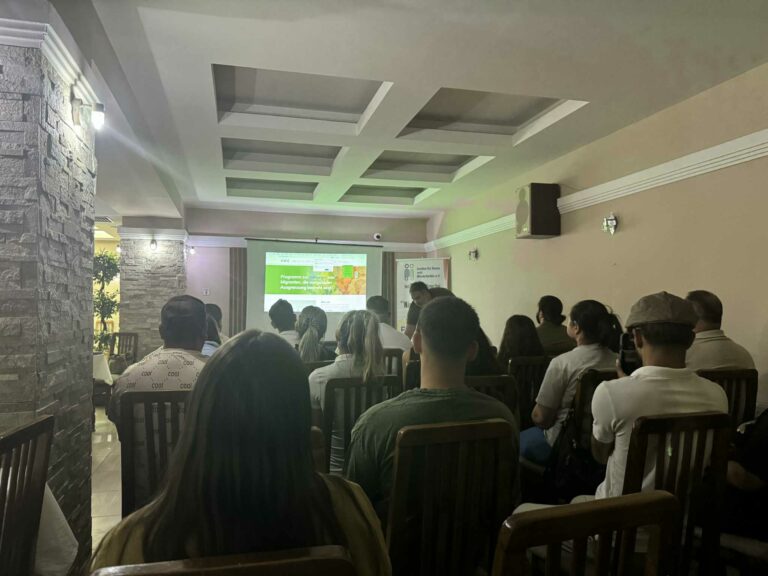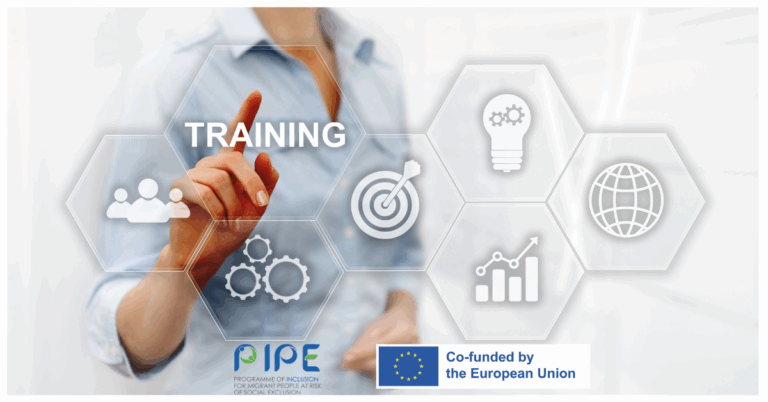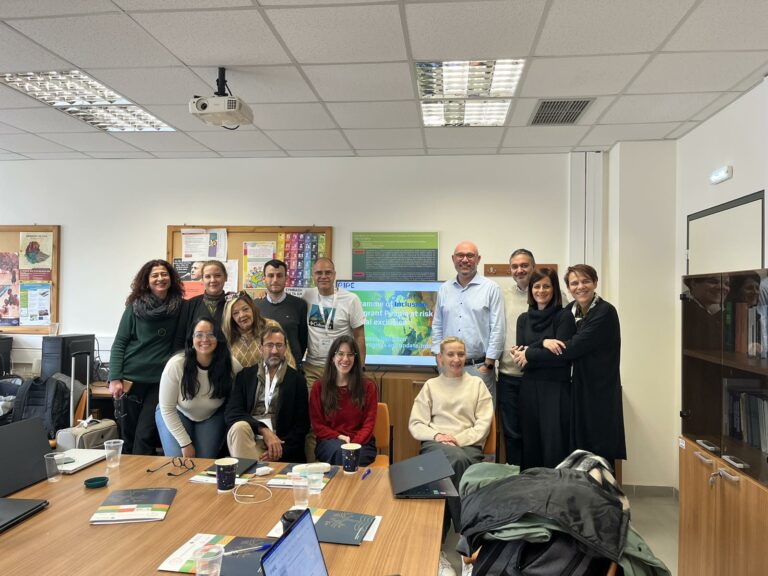The PIPE project is entering a pivotal executive phase: the Pilot Testing Plan (Deliverable 2.6), coordinated by the University of La Laguna (ULL), will be implemented between autumn 2025 and February 2026. This intensive testing represents the final stage before the educational materials and the project’s platform are finalized and validated for transnational use.
The Goal: Validating Practicality and Cultural Relevance
The core purpose of this phase is the practical and cultural validation of the PIPE products:
- Guide for teaching the national language for migrants
- Guide and action plan for cultural training for professionals
- Diagnostic tool integrated into the Strategic Reception Plan to identify institutional gaps in training on cultural diversity and migrant inclusion
- PIPE Platform
The pilot will ensure that these resources are effective, user-friendly, and culturally appropriate across different national contexts, culminating in a transnational validation.
Who Will Take Part: Carefully Selected Professionals
The evaluation will involve selected participants representing diverse professional profiles to guarantee comprehensive feedback. At least five professionals per country will test the materials, including:
- Language teachers and trainers working with migrants in formal and non-formal education.
- Public service managers and technicians, such as human resources officers, social service professionals, or coordinators of intercultural training.
- Institutional actors and mixed profiles, such as school directors, diversity policy advisors, or intercultural mediators.
Each participant will apply one of the PIPE materials (or the platform) in their real-life professional context and provide structured feedback.
A Two-Pronged Data Analysis Approach
To gather robust and actionable data, the pilot plan employs a rigorous framework combining:
- Quantitative evaluation: Participants complete Likert-scale surveys measuring clarity, usefulness, adaptability, and other key criteria.
- Qualitative evaluation: Open comments are collected to identify barriers, strengths, and proposals for improvement, ensuring materials respond to practical needs.
Next Steps: From National Reports to Final Version
All national partners will compile results in standardized reports, including participant profiles, survey data, and thematic analyses. These national reports will be synthesized into a comprehensive comparative report coordinated by ULL, reflecting the needs and variations of all partner countries.
The feedback collected during this phase will directly guide the final revisions of the PIPE materials and platform, ensuring they are perfected, validated, and ready for widespread adoption.
To follow the progress of the pilot testing and learn more about the project’s mission, please visit the official website: PIPE Project.

